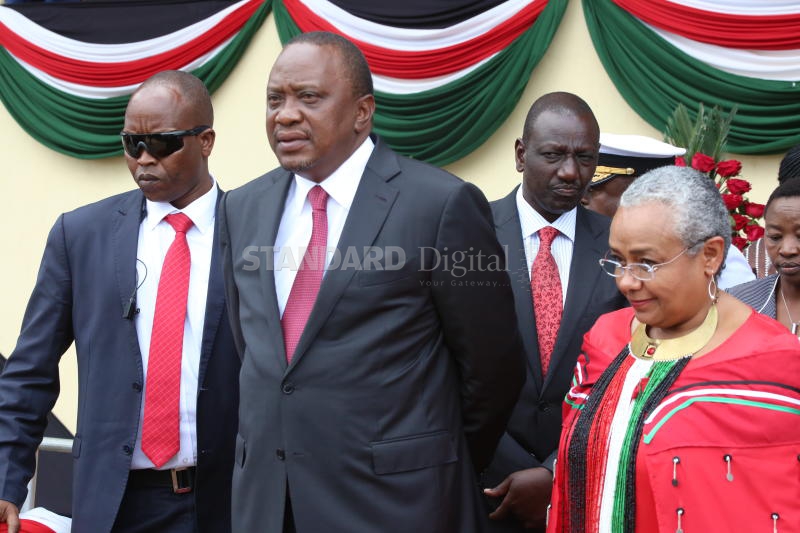
Kenya’s 2018 Madaraka Day celebrations were held amidst hope. Like the original Madaraka Day in 1963, it was preceded by a contested election. Among the differences was that the1963 elections were ideological rather than personal. Another difference was that the loser, Ronald Ngala and his Kadu party, accepted defeat and watched winner Jomo Kenyatta start dismantling the 1962 Lancaster House-imposed Majimbo Constitutional experimental structure.
While great hope filled the air on that first Madaraka Day in June 1963, concerns on fighting corruption featured in the 2018 Madaraka Day activities. National prayers, through handshakes and hugs, gave hope and a “truce” in political warfare.